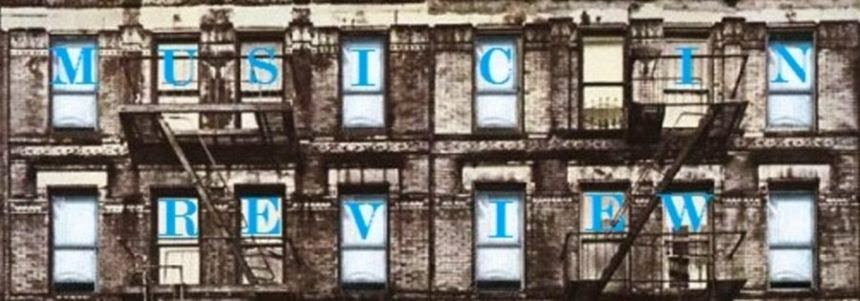Throughout the seventies and eighties Bruce Springsteen was a dominant force in the American music industry. The man was so good at making his experiences, or at least the experiences described in his songs, so relatable that every red blooded American felt like Springsteen was singing about them. Combine that with Springsteen’s ability to consistently create genuine good rock and roll and it should come as no surprise he was a huge commercial success. There are predictable consequences to this sort of fame. When everybody thinks you are singing about them, and you are popular enough to reach all walks of life, it is only a matter of time before somebody is going to be wrong about the connection they think they share with you. For Springsteen, and his music, this manifested itself most humorously when Ronald Reagan used “Born in the USA” as his campaign song, even though “Born in the USA” is a political song that is highly critical of the United States of America and the very politics Reagan supported.
Funny.
This sort of problem persists elsewhere, and perhaps everywhere, in Springsteen’s discography. There is some misconception that Springsteen is a pop rock star, and he sort of is, because he is “popular,” but his style never really fit the mold of stereotypically pop rock. I think it is rather obvious Springsteen is classic rock or folk rock. When you are pop rock people think you are singing about girls and dancing and fun stuff like that, and with a song title like “Dancing in the Dark” anyone who fails to listen to the lyrical content might just make that assumption.
 |
| Bruce Springsteen with a very young Courteney Cox. |
It is not really very surprising that “Dancing in the Dark” is often thought of a cheerful pop rock song. Given Springsteen’s unique sort of fame and his unique choice of music video, it is a natural that most casual listeners would regard the song as pop fluff, but they would be wrong. Listen again to “Dancing in the Dark” and feel what Springsteen is saying. A lack of purpose and passion leave a metaphorical gunslinger hanging around feeling tired and empty. Our narrative character has gotten to feeling so low he would be pleased for something small to turn his fate around, even if it was just dancing in the dark with someone. There is all this suggestion that with just a little encouragement, maybe just a little love our gunslinger could turn everything around, but alas “you can’t start a fire without a spark.”
I have noticed a reoccurring imagery in Springsteen songs in regards to music as a companion, something that probably comes naturally to a musician I should think, but in Springsteen’s case it is almost like music is his muse, like music is the inspiration for more music. The presence of a jukebox or radio is typically a good omen in Springsteen songs, “message keeps getting clearer, radio's on and I'm moving 'round the place,” but even in the presence of music our rock star gunslinger man for hire is unhappy with every single detail of his existence. He wants to change everything about himself, “I check my look in the mirror, I wanna change my clothes, my hair, my face.” When you think about it all that way, “Dancing in the Dark” is actually pretty dark and depressing.
Like so many other people I probably would have never noticed how deep and meaningful “Dancing in the Dark” really is if not for Tegan and Sara. As you may know I am madly in love with Tegan and Sara (Sara to be specific) and one day I came across this interview and cover or “Dancing in the Dark.”
The twins tell us pretty much exactly what I said above, that people take for granted how deep and meaningful a song like “Dancing in the Dark” is. Much to my shame it was not until Sara explained this to me that I realized that I too was guilty of not paying proper attention to the poetry and clever nuances of many of Springsteen’s songs. The same likely, and unfortunately, holds true for other musicians and bands but their stories are for another time.
The Tegan and Sara cover is a little more moody, a little more what I would think to expect from “Dancing in the Dark” but then again maybe I am wrong. There is no doubt that “Dancing in the Dark” is in actuality a rather somber and dark song, but perhaps the upbeat rhythm and the good times music video is a deliberate addition of emotional aside. One of the strongest ways to grapple with dark themes is to downplay them, or be strong in spite of the looming shadow that threatens. One of the reasons Springsteen is so popular is that he is able to make people feel good about feeling bad. “Born in the USA” was never a song about American pride, but the strength in which he sang it suggests a different sort of pride, the pride to endure, and maybe that better captures the true American spirit than ordinary patriotism. “Dancing in the Dark” is about loneliness and longing but perhaps by performing the song with a smile and strange confidence Springsteen makes loners like me feel good about being lonely and lost. Maybe Springsteen is a freaking genius.
Until next time, keep on rocking in the free world.
- King of Braves




